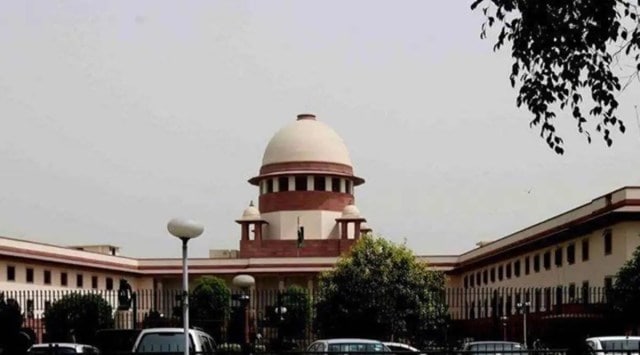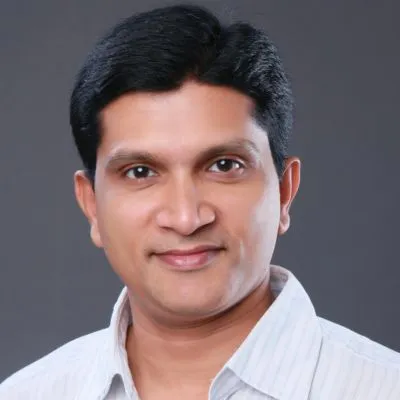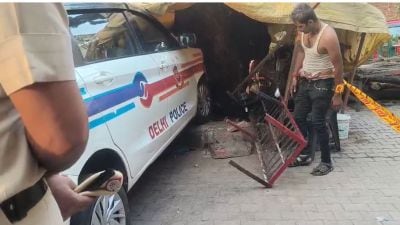Underlining that the issue of forced religious conversion is a “very serious” matter, the Supreme Court said Monday that while charity is welcome, its purpose should not be to convert the gullible.
“The purpose of charity should not be conversion. Every charity or goodwork is welcome, but what is required to be considered is the intention,” a bench of Justices M R Shah and C T Ravikumar observed while hearing a plea seeking directions against “forced” religious conversion.

“We are not here to decide who is right and wrong. We are here to set things right. Everybody has a right to choose their religion. But that should not be by luring, by giving some aid… If you believe a particular community or particular persons have to be helped, you (can) help… But the purpose of charity should not be conversion… Every charity or every good work is welcome. But what is required to be considered is the intention (behind such charity),” Justice Shah said.
Story continues below this ad
Rejecting connections against the maintainability of the petition, the bench said the matter is “very serious”.
Justice Shah said, “Propagate, charity, everything welcome, but within the framework. The intention should be very clear. That is the first thing that needs to be considered.”
Appearing for a Christian outfit, Senior Advocate Sanjay Hegde said conversion may be for different reasons. Some may believe that some deity cured them, he pointed out.
Justice Shah said, “Belief is fine… belief by allurement is a very dangerous thing.”
Story continues below this ad
Solicitor General Tushar Mehta, referring to Acts made by some states, said, “Therefore, the statutory regime is that there is a statutory authority in place where a neutral authority which will decide whether this is in lieu of the grains or medicines or in lieu of some treatment being offered or there is a religious change of heart, the religious philosophical belief has changed etc.” He said these legislations were upheld by the court.
Justice Shah said “when everybody is India, Bharat, everybody stays in India, they have to act as per the culture of India.”
“That’s important for ensuring harmony also,” Justice Ravikumar said.
Mehta pointed out that the Constitution Bench ruling on the subject says that one cannot propagate with the intention to convert.
Story continues below this ad
Hedge said “what the word propagate means is the real question”.
Senior Advocate Arvind Datar, appearing for petitioner Ashwini Upadhyay, said there were judgments supporting his case.
Appearing for Kerala Yukthivadi Sangham (Kerala Rationalist Association), Senior Advocate C U Singh said Upadhyay’s petition is a plea based on hyperbole, exaggeration and lacks material to show any alarming situation.
Mehta pointed out that the Madhya Pradesh Act on the subject, which was upheld by the Supreme Court, was made after a judicial commission report.
Story continues below this ad
He said the Centre is collecting information from the states on the petition and will submit them before the court this week itself. Agreeing to his request for time, the bench fixed December 12 for the next hearing.









